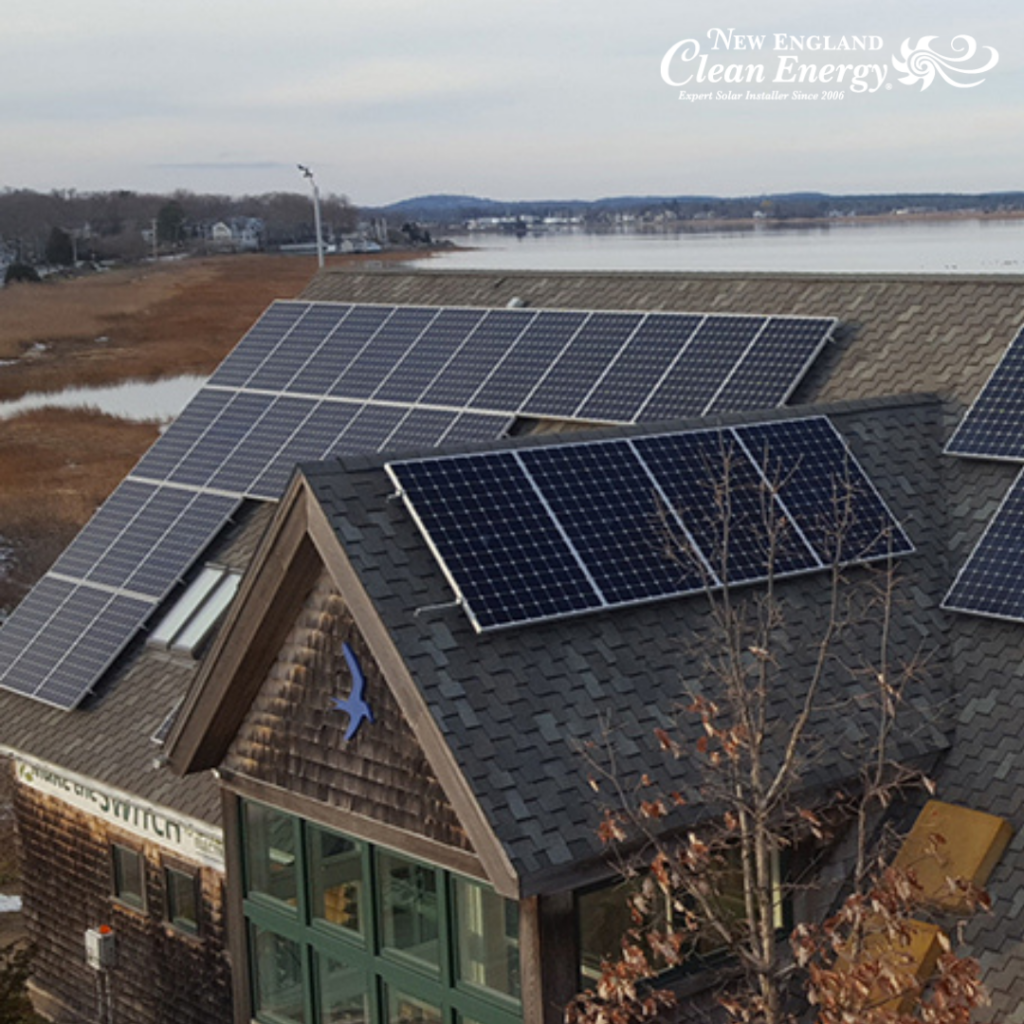As energy costs continue to rise, businesses are increasingly turning to solar power to cut expenses and reduce their carbon footprint. However, the upfront investment in commercial solar can be significant. The good news? There are numerous incentives available to make solar more affordable and maximize your return on investment (ROI).
In this guide, we’ll break down key commercial solar incentives, including tax credits, rebates, and financing options, to help you make an informed decision for your business.
Why Invest in Commercial Solar?
Before diving into incentives, it’s important to understand why solar is a smart investment for businesses. For more information on this topic head on over to our blog “7 Compelling Reasons You Should Install Commercial Solar Power in 2024” 
In summary, investing in commercial solar power is a smart financial and environmental decision. By reducing energy costs, improving ROI, enhancing sustainability efforts, and increasing property value, solar energy offers long-term benefits for businesses. With the right incentives, making the switch becomes even more affordable and rewarding. Now, let’s dive into the key incentives that can maximize your savings and accelerate your return on investment.
Now, let’s explore how incentives can make solar even more financially appealing.
Key Commercial Solar Incentives
1. Federal Investment Tax Credit (ITC)
The Investment Tax Credit (ITC) is one of the most significant incentives for commercial solar installations. As of2025, businesses can claim a 30% tax credit on their total solar system cost. This credit directly reduces the amount of federal income tax owed, making it a powerful financial tool. Businesses whose systems meet certain labor and domestic manufacturing requirements may even qualify for additional ITC bonuses, potentially increasing the credit to 40% or more.
2. Accelerated Depreciation (MACRS & Bonus Depreciation)
The Modified Accelerated Cost Recovery System (MACRS) allows businesses to recover the cost of their solar investment through depreciation deductions. Additionally, businesses may qualify for 100% bonus depreciation, enabling them to write off the entire solar system cost in the first year. This reduces taxable income and accelerates ROI.

3. State and Local Incentives
Many states and municipalities offer rebates, tax credits, and performance-based incentives to encourage commercial solar adoption. Some popular state-level incentives include:
- State Tax Credits – Additional savings on top of the federal ITC.
- Solar Renewable Energy Certificates (SRECs) – Earn credits for solar energy production that can be sold for revenue.
- Cash Rebates – Some utilities and local programs offer upfront rebates that reduce the initial cost.
For more information on the incentives offered across the states we service check out our blogs on Massachusetts, Rhode Island, New Hampshire, and Maine incentives.
4. Utility Rebates & Net Metering
Many municipal utility companies provide cash rebates to businesses that install solar panels. Additionally, net metering is a program that provides credits for the surplus energy businesses contribute. These credits can offset electricity costs when solar generation is low (such as at night or on cloudy days), helping to reduce overall energy expenses. This further improves the financial benefits of going solar.
Solar Financing Options
If upfront costs are a concern, businesses can explore financing options such as:
- Solar Loans – Low-interest loans specifically designed for solar projects.
- Power Purchase Agreements (PPAs) – A third-party installs solar panels at no upfront cost, and the business pays for the electricity generated at a lower rate.
- Solar Leases – Similar to PPAs, but with fixed monthly payments rather than per-kilowatt-hour pricing. (Although we don’t typically recommend leasing to residential customers, businesses can often qualify for an “operating lease” that will allow the business to own the system after the first 6 or 7 years. It offers several unique advantages.)
These options allow businesses to go solar with little to no initial investment while still benefiting from lower energy costs. For more information on solar financing options head on over to our blog “Commercial Solar Financing: For Profit” or contact us at 877-886-8867 to speak with one of our Solar Consultants.
Maximizing Your Solar ROI 
To get the most out of your commercial solar investment:
- Stack Incentives – Combine the ITC, depreciation, and state/local programs for maximum savings.
- Choose the Right System Size – Optimize your solar system to meet your energy needs without overpaying.
- Work with a Qualified Installer – A knowledgeable solar provider can help you navigate incentives and financing options.
- Monitor and Maintain Your System – Regular maintenance ensures long-term efficiency and cost savings.
Final Thoughts on Commercial Solar Incentives
Investing in commercial solar is a smart financial decision, especially when taking advantage of available incentives. By leveraging federal tax credits, depreciation benefits, state rebates, and utility programs, businesses can significantly lower their upfront costs and boost their long-term ROI. The cost of electricity continues to increase at an alarming rate, but solar can help a business gain control of that expense for many years to come.
If you’re considering commercial solar, now is the time to act—these incentives won’t last forever. Reach out to us today and start saving on energy while increasing your bottom line! Schedule a free consultation here.
If you liked this article, you may also like:
Solar Power vs. Traditional Electricity: A Cost Comparison
How Commercial Solar Systems Work: A Step-by-Step Breakdown
Why 2025 is the Year to Go Solar (and Why You Shouldn’t Wait)




